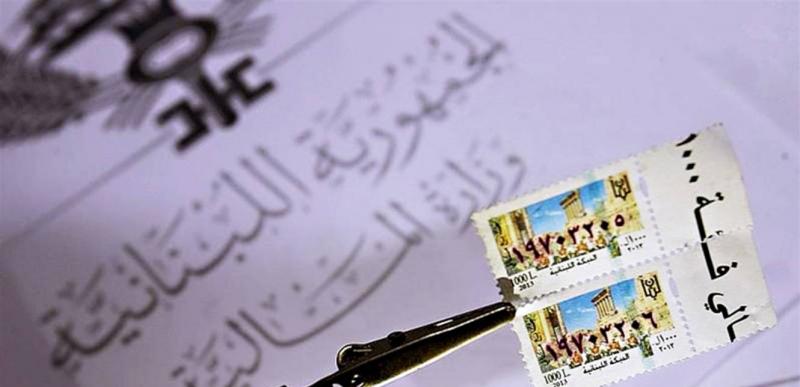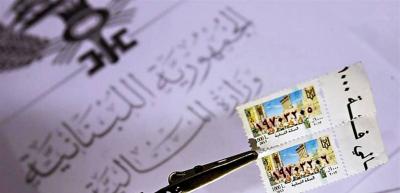Since the implementation of the 2022 public budget, public institutions and directorates have begun to apply new prices for official transactions, including the judicial record statement. The General Directorate of Internal Security Forces announced that it would charge 40,000 Lebanese Lira directly at the judicial record centers scattered across Lebanese regions for each copy of the judicial record statement, in addition to the financial stamp specified by the stamp law, set at 10,000 Lira, starting from November 15th. This means that the official cost for any judicial record statement has risen to 50,000 Lira as determined by the Lebanese state, compared to only 5,000 Lira previously.
With the new pricing for judicial record statements, citizens assumed that stamps would be available and the crisis would end in all Lebanese areas. However, this did not happen, at least in the judicial record centers and civil registries in the northern regions (Tripoli and Akkar). In addition to the 40,000 Lira fee for each judicial record statement, citizens are suffering from a shortage of stamps, which has led to a complete black market. Before the crisis, citizens visiting the Al-Tall police station in Tripoli to obtain a judicial record used to secure the necessary stamps from libraries and authorized stamp-selling shops located in the Al-Tall area. This is no longer easy, as all shops that used to sell stamps in Al-Tall can no longer meet citizens’ needs; they have vanished from authorized dealers and instead circulated among some individuals who sell them on the black market, with each vendor setting their own prices for either the 1,000 or 2,000 Lira stamp.
Mouhammad Marri recounts to "Nidaa Al-Watan" that he visited the Al-Tall police station yesterday, not knowing about the new imposed fees. He asked an employee how many stamps he needed, and was told, “You need a stamp or stamps worth 10,000 Lira plus 40,000 Lira for the statement fee.” He inquired if they had stamps available there, to which the response was, “No, check under the desks in front of the center.” According to Mouhammad, “I visited all the offices that usually sell stamps but found none, until someone directed me to a person standing near the center who had stamps.” He continues, “While I was standing near the entrance of the police station, someone asked me if I needed stamps for the judicial record, and I responded yes. He took me to a nearby corner and gave me 5 stamps of 2,000 Lira each for a total of 50,000 Lira. When I went to the center to collect the judicial record after securing the stamps, a friend asked me how much I paid for them. I replied 50,000 Lira to a person wearing black clothes, and he expressed surprise saying: 'Someone sold me five stamps of 2,000 Lira each for 100,000 Lira while standing near the Tripoli Municipality building.'”
Mouhammad noted that as he was leaving the judicial record center in Tripoli after obtaining his statement, a security officer at the entrance, who had witnessed his struggle for an hour looking for stamps, asked him to describe the person who sold him the stamps, saying, “They are sometimes nearby and we don’t recognize them, and what they are doing is prohibited.”
Furthermore, “Nidaa Al-Watan” has received numerous complaints from northern citizens regarding the sale of stamps at inflated prices in the black market and the lack of action from security agencies to prevent this phenomenon. There is information indicating that some individuals are facilitating the judicial record transaction without the applicant's presence, who only sends a photo of their ID via WhatsApp to the facilitator in exchange for 150,000 - 200,000 Lira for each statement. This method is often used by individuals unable to visit the judicial record centers during official working hours.
The situation regarding securing stamps for judicial records in the north also extends to transactions for civil status extracts (both family and individual) and various official dealings requiring stamps. As stamps disappear from local mukhtars and relevant sellers, there are suspicions surrounding some authorized dealers regarding their involvement in the black market for selling stamps and profiting at the expense of people's needs.




